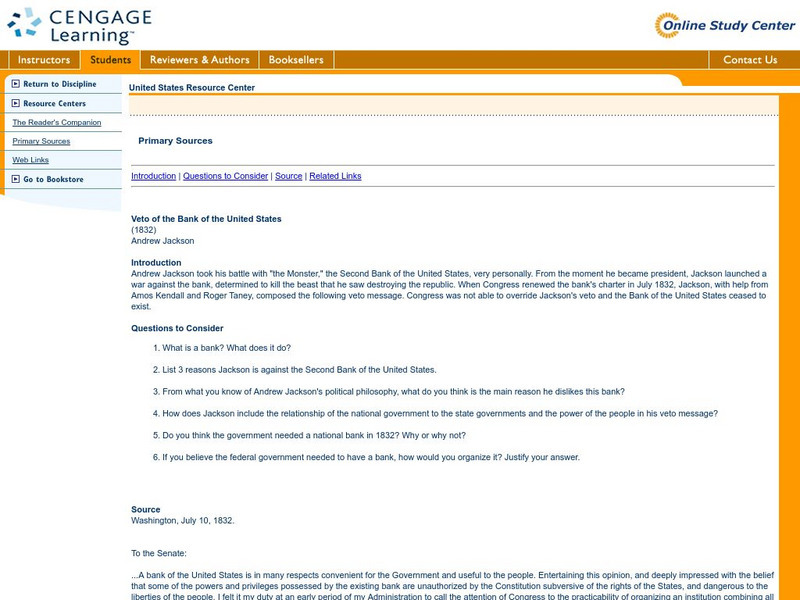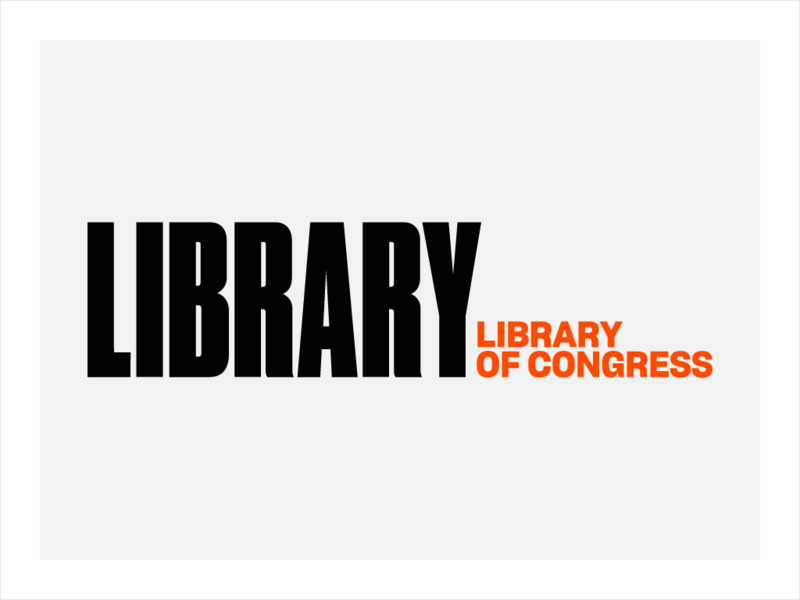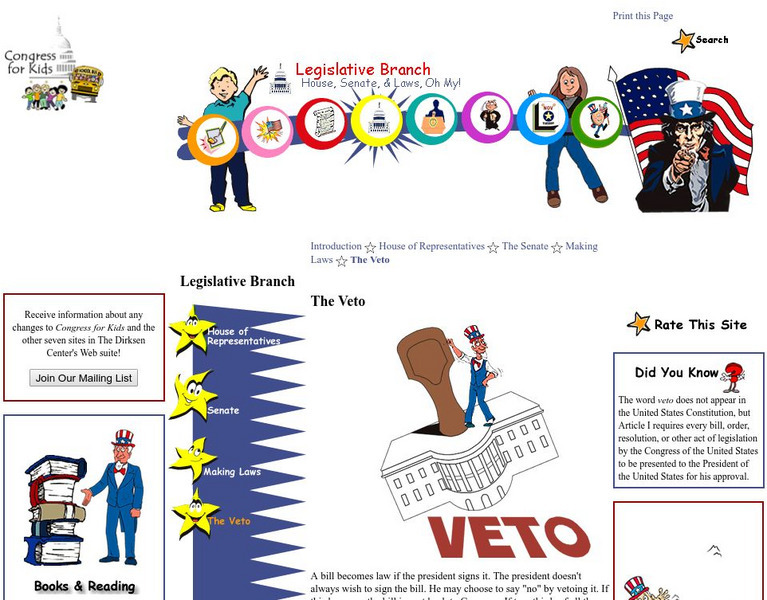iCivics
I Civics: Mini Lesson: Veto Power
Explores the presidential veto and pocket veto powers, their role as a negotiating tool, and the Congressional veto override process. Students also learn how to use fact-checking and triangulation to evaluate news claims and detect...
US National Archives
National Archives: Congress at Work: Presidential Veto
The veto process is an integral part of our checks and balances. Introduce the power of the presidential veto and override to a class using an example from President Nixon's administration. Materials include the Constitution, worksheets,...
Other
President Gerald Ford's Veto of Railroad Retirement
Text of the message that President Ford wrote to the House of Representatives in 1974 stating his reasons for his veto of the Railroad Retirement Benefits Legislation.
American Presidency Project
American Presidency Project: Veto of the War Powers Resolution
Primary source document for students and teachers. President Richard M. Nixon's letter dated October 24, 1973, vetoing the War Powers Resolution.
Cengage Learning
Primary Sources: Jackson's Veto of the Bank of the United States
One of Jackson's major political battles was over the power of the Bank of the United States. This site gives a brief explanation of that issue, and the text of Jackson's veto of the bill which would support the bank. The site also...
Library of Congress
Loc: Law: War Powers
Find the reasoning behind the War Powers Act, passed over President Nixon's veto in 1973. Presidential actions taken during the Vietnam War were the impetus for Congress to make a declaration of war more codified. See the times...
The Dirksen Congressional Center
Congress for Kids: The Legislative Branch: The Veto
Learn about the President's power to veto a bill, and understand how Congress responds when this happens.
Social Studies for Kids
Social Studies for Kids: The Presidential Veto
The President of the United States has extraordinary power over the shaping of federal laws. He or she can veto any law passed by Congress.
US Government Publishing Office
Ben's Guide to u.s. Government: President's Legislative Powers
An easy-to-understand discussion on the actual legislative powers of the president and the veto. Includes related links.
Other
The Federalist Papers:convention, Constitution,& Debates
A clickable index of the 85 Federalist Papers. The text of each letter (paper) sent to New York newspapers in 1787 and 1788 is easily accessed.
iCivics
I Civics: Three Branches: Laws in Action
Embark on his WebQuest to follow the path an idea takes to eventually become a law. Read a short description regarding the role of each branch of government and then answer a follow-up question using the link provided.
Independence Hall Association
U.s. History: A Strong Presidency
See how Andrew Jackson handled his role as president and advocate of the common man. His using the spoils system had an altruistic beginning, but it soon became a function of corruption.
Shippensburg University
Shippensburg University: Weighted Voting Systems [Ppt]
This PowerPoint explains how a weighted voting system works and the notation and terminology used to discuss them.
The Dirksen Congressional Center
Congress Link: Lesson Plans
The Dirksen Congressional Center provides abundant lesson plans on all aspects of the US Congress and the US Constitution. All lessons contain time frames, objectives, and links to material, and are built around Bloom's taxonomy.






